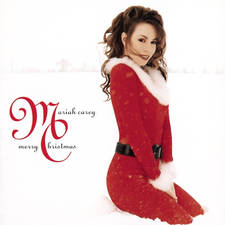Scottish independent schools 'could lose charitable status'
9 April 2019, 08:32 | Updated: 9 April 2019, 08:35

Business rates will be reviewed by the Scottish Parliament, with proposals to remove the charitable status of independent schools.
The Scottish Parliament is considering reforming the system and is now calling for feedback from the public on the plans.
Non-domestic rates are levied on business properties, determined by the assessed value of the building, and are the second-highest source of tax income for the Scottish Government.
Following a review into the system by former RBS chief Ken Barclay, which made a series of recommendations to reform non-domestic rates in Scotland, a Bill has been introduced in the Scottish Parliament.
It proposes carrying out valuations every three years, rather than the current five-year period, and tackling known tax avoidance, including tactics involving unoccupied or under-used properties.
The Bill, put forward by Economy Secretary Derek Mackay, also recommends independent schools should no longer be able to claim charitable relief, which would amount to £37 million between 2020 and 2025, it suggests.
Under the current system, independent schools with charitable status pay 20% of their rates bill, while local authorities have the discretion to charge them nothing at all.
Holyrood's Local Government and Communities Committee will examine the impact of the Bill.
Committee convener James Dornan said: "Non-domestic rates are the second highest revenue-raising tax in Scotland and these reforms could affect a great number of people.
"We are keen to hear the views of potentially affected organisations and members of the public about the proposed changes to the system, and whether the Government has addressed the issues raised in the Barclay Review.
"We also want to know if people think anything else should be included in this Bill or if more radical reform of the system is needed.
"We look forward to hearing what the public has to say and using the evidence to ensure our inquiry is as robust as possible."






